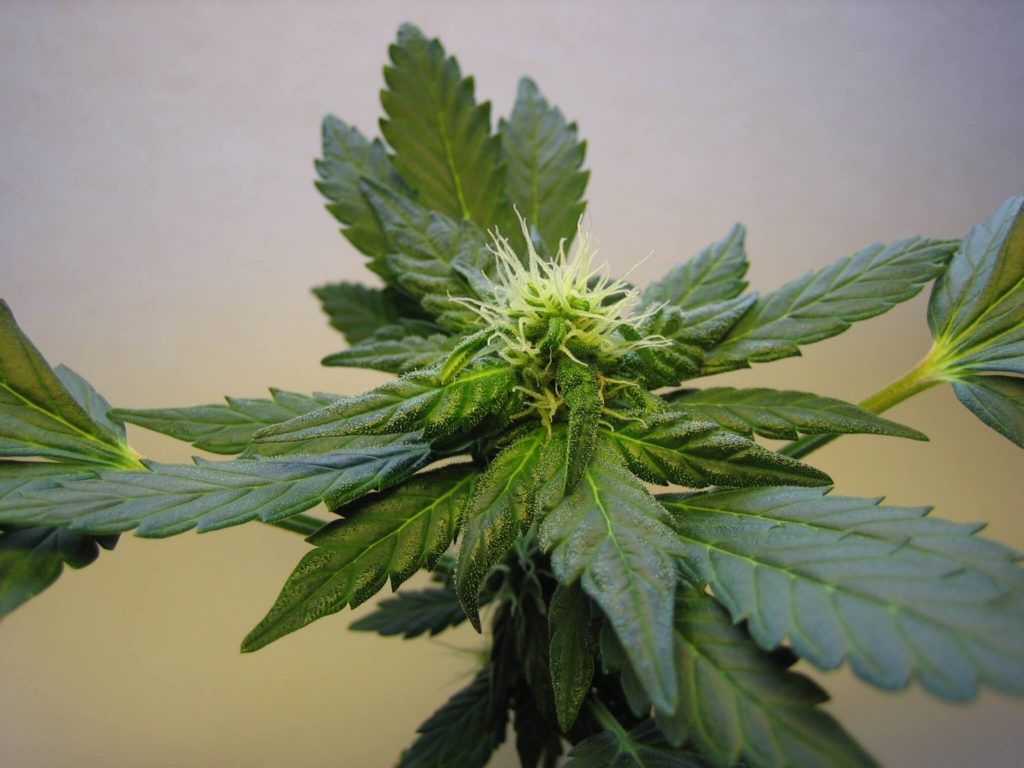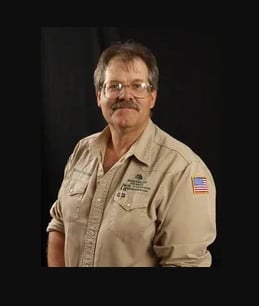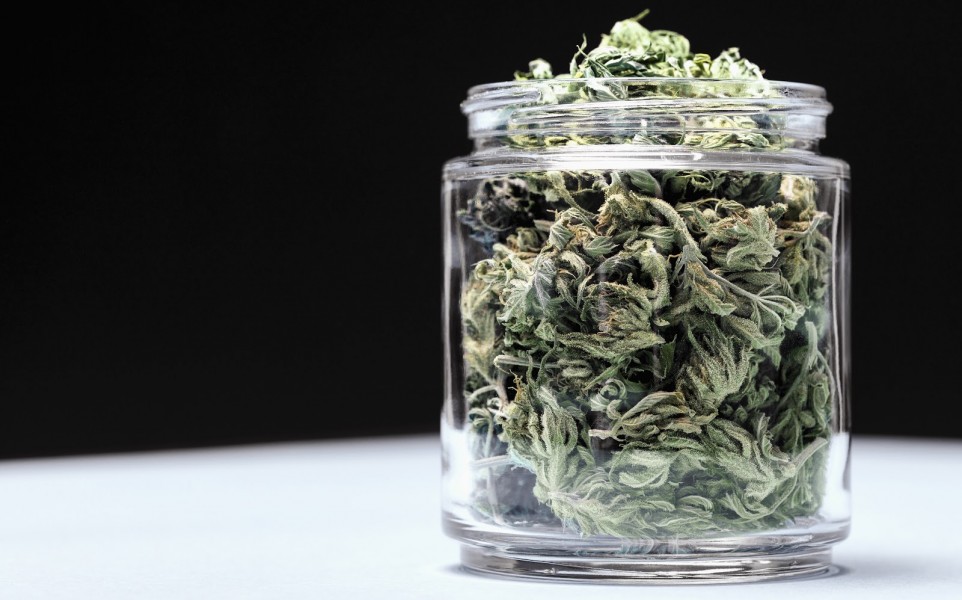SOUTH HAVEN, Mich. (WOOD) — You can’t kill it with spray, cut it out or mow it down. An invasive plant is causing a lot of concern this summer in South Haven.
The Japanese knotweed could be described as the cockroach of the plant world.
“Yes it is. That’s a good analogy,” said South Haven Public Works Director Bill Hunter.
The Japanese knotweed is a thick-stemmed, deep rooted weed that’s hard to kill and hard to control. It was discovered in South Haven about a year and a half ago.
Most weeds die once you pull them up by the root, or spray them with weed killer. But Hunter says Japanese knotweed has a different reaction.
“It stresses the plant and causes the plant to react to that stress and grow further out, just to keep protecting itself,” he explained.
How it got to South Haven is anyone’s guess. The seeds of the weed are known to cling to equipment someone might use to mow it down, causing it to spread to other locations.
Officials have been tracking the spread of the Japanese knotweed in South Haven. A map on the city website shows the hot spots.
Hunter says there are probably more locations; even the beach is not immune.
South Haven officials are asking property owners in the city and neighboring communities to report any Japanese knotweed they might find.
And as they look for ways to kill the weeds, South Haven has launched a public education campaign. It includes signs posted at Japanese knotweed patches, asking visitors to avoid walking on and trimming the weed.
The city has found a company with expertise on how to eradicate the plant. They’ll start in the fall.
Hunter estimates the effort will cost the city upwards of $20,000 and a lot of patience.
“You still have to watch this area from anywhere from five to seven years, and the contractors I talked to said he’ll guarantee it will be back the next year and the year after. (We’ll) just to keep treating it, and we have to just keep watching it,” Hunter said.
“We draw people to the city with the beautification, the green spaces of the city. The last things we want is this plant taking over everything,” he added.
Credit: woodtv.com













